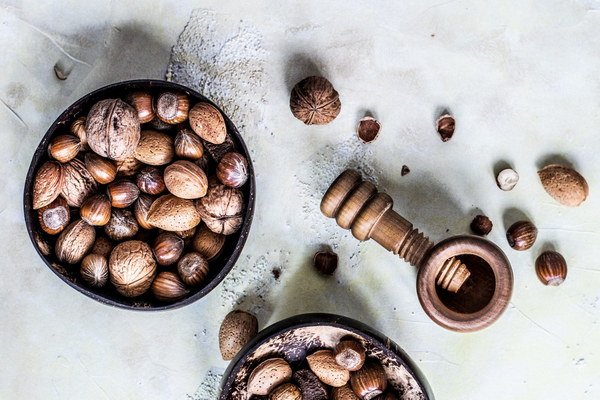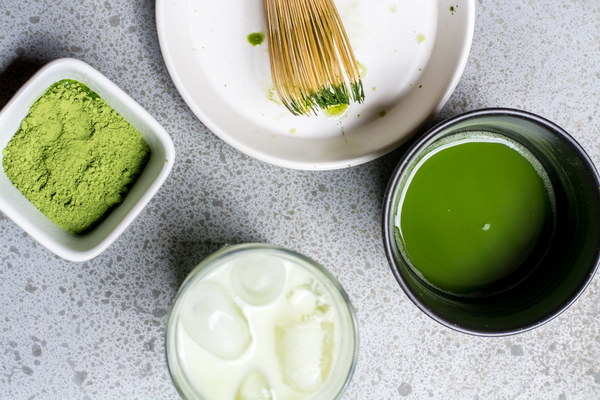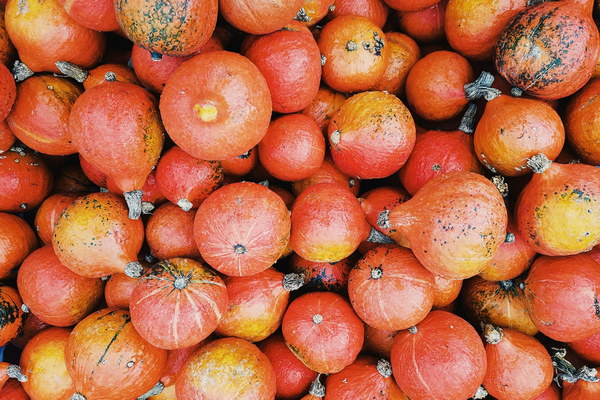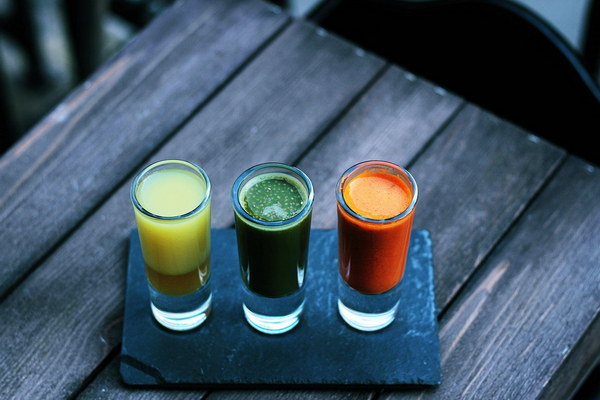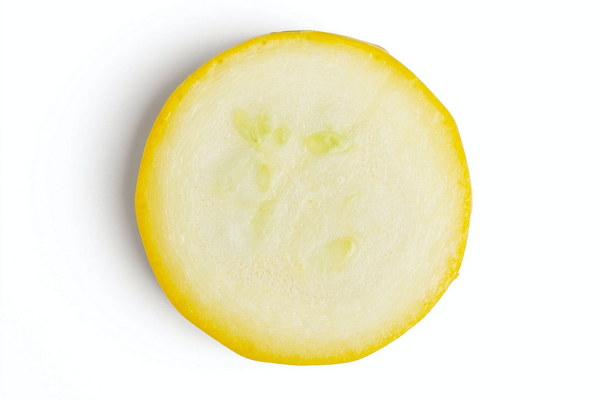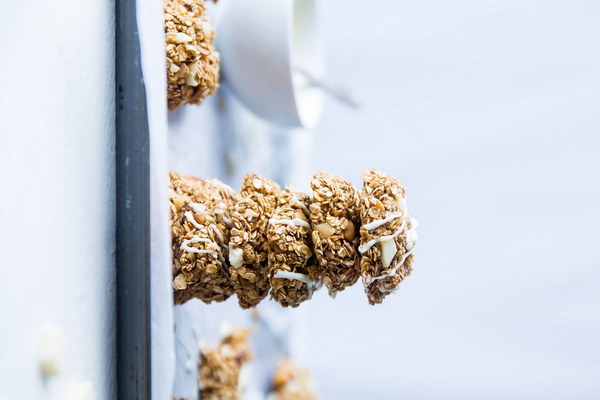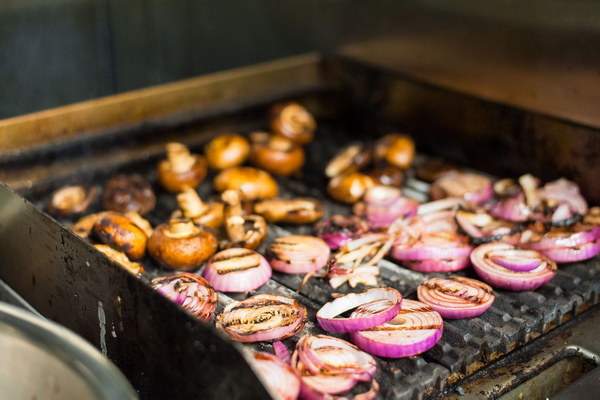Balancing Health A Guide to Nurturing Well-being for Elderly Hypertensives
Introduction:
Hypertension, commonly known as high blood pressure, is a prevalent health condition among the elderly population. It is essential for elderly hypertensives to adopt a holistic approach to maintain their health and well-being. This article aims to provide valuable insights into how elderly hypertensives can nurture their health through a combination of lifestyle modifications, dietary adjustments, and regular medical check-ups.
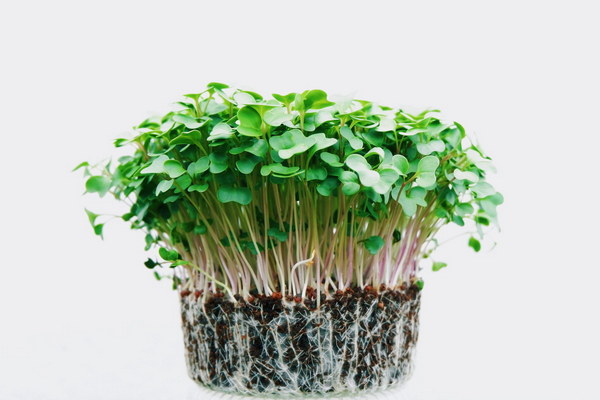
1. Regular Physical Activity:
Engaging in regular physical activity is crucial for elderly hypertensives to manage their blood pressure levels effectively. Activities such as walking, swimming, cycling, and tai chi can be beneficial. It is recommended to aim for at least 150 minutes of moderate-intensity aerobic exercise per week, along with muscle-strengthening activities twice a week.
2. Balanced Diet:
A well-balanced diet plays a vital role in managing hypertension. Elderly hypertensives should focus on incorporating the following nutrients into their diet:
- Fruits and Vegetables: Aim for a variety of colorful fruits and vegetables to ensure a wide range of essential vitamins, minerals, and antioxidants.
- Whole Grains: Opt for whole grains such as brown rice, whole wheat bread, and oatmeal to provide fiber and essential nutrients.
- Lean Proteins: Include lean sources of protein such as fish, poultry, beans, and tofu to support heart health.
- Healthy Fats: Incorporate sources of healthy fats like avocados, nuts, and olive oil to reduce inflammation and improve blood cholesterol levels.
It is important to limit the intake of sodium, saturated fats, and added sugars. Additionally, elderly hypertensives should consult with a healthcare professional or a registered dietitian to create a personalized meal plan.
3. Weight Management:
Maintaining a healthy weight is essential for elderly hypertensives. Excess weight can exacerbate hypertension and increase the risk of other health complications. Engaging in regular physical activity, consuming a balanced diet, and monitoring caloric intake can aid in weight management.
4. Stress Management:
Stress can contribute to the elevation of blood pressure levels. Elderly hypertensives should find effective stress management techniques such as deep breathing exercises, meditation, or engaging in hobbies to reduce stress levels.
5. Regular Medical Check-ups:
Elderly hypertensives should schedule regular appointments with their healthcare provider to monitor their blood pressure levels and overall health. It is crucial to adhere to prescribed medications and follow any treatment plans recommended by the healthcare professional.
6. Avoiding Harmful Habits:
Elderly hypertensives should avoid harmful habits such as smoking, excessive alcohol consumption, and the use of recreational drugs. These habits can exacerbate hypertension and increase the risk of cardiovascular diseases.
Conclusion:
Maintaining a healthy lifestyle is of utmost importance for elderly hypertensives. By incorporating regular physical activity, a balanced diet, weight management, stress management, regular medical check-ups, and avoiding harmful habits, elderly hypertensives can effectively manage their condition and improve their overall well-being. It is crucial for them to consult with healthcare professionals to tailor their approach and receive personalized advice for their specific needs.


